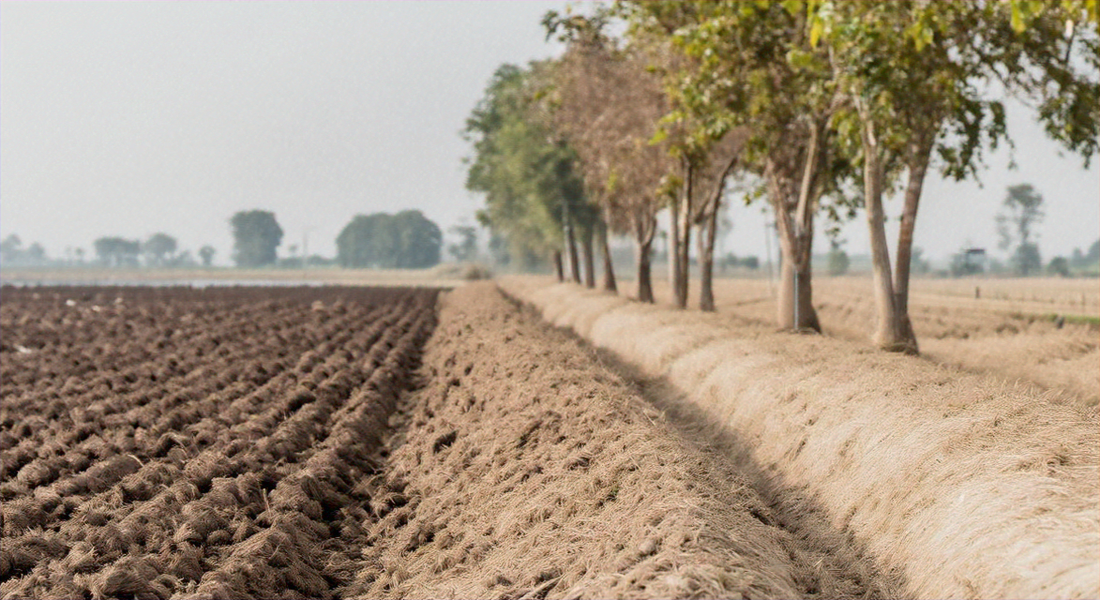
Climate-Smart Agriculture in South Africa: Harnessing Technology for Resilience
Share
Climate-Smart Agriculture in South Africa: Embracing Technology for Resilience
South Africa, a nation renowned for its agricultural bounty, is facing a formidable challenge: the escalating impacts of climate change. Rising temperatures, unpredictable rainfall patterns, and extreme weather events are threatening the very foundation of the country's agricultural sector. In this context, the adoption of climate-smart agriculture (CSA) practices, coupled with innovative technological solutions, has become paramount to ensuring the future of South African farming.
What is Climate-Smart Agriculture?
Climate-smart agriculture encompasses a set of practices that aim to enhance agricultural productivity, increase resilience to climate change, and reduce greenhouse gas emissions. It emphasizes a holistic approach, integrating environmental, social, and economic considerations.
Technology as a Catalyst for Change
Technology is emerging as a vital tool in the fight against climate change in South Africa's agricultural landscape. Here are some key ways technology is empowering farmers:
1. Precision Agriculture: Tailoring Practices to Specific Needs
- Remote Sensing: Satellites and drones equipped with sensors collect data on soil moisture, plant health, and crop yields, enabling farmers to precisely target irrigation and fertilizer applications.
- Variable-Rate Technology: This technology allows farmers to apply inputs like fertilizers and pesticides in varying amounts based on specific needs within a field, optimizing resource utilization and minimizing environmental impact.
- Precision Irrigation: Sensor-based systems monitor soil moisture levels and automatically adjust irrigation, ensuring efficient water use and reducing water stress on crops.
2. Weather Forecasting and Climate Monitoring: Preparing for the Unexpected
- Real-Time Weather Data: Farmers can access accurate and timely weather forecasts, enabling them to make informed decisions about planting, harvesting, and other crucial agricultural activities.
- Climate Modelling: Climate models help predict long-term climate trends, allowing farmers to adapt their cropping patterns and choose climate-resilient varieties.
3. Water Management: Conserving a Precious Resource
- Drip Irrigation Systems: These systems deliver water directly to plant roots, minimizing evaporation and runoff, and promoting water efficiency.
- Water Harvesting: Rainwater harvesting techniques, such as building rainwater tanks, allow farmers to capture and store rainwater for later use, reducing reliance on dwindling water sources.
4. Soil Health Management: Enhancing Soil Fertility and Resilience
- Soil Sensors: Sensors embedded in the soil monitor parameters like moisture, temperature, and nutrient levels, providing real-time data for optimal management.
- Precision Fertilization: Applying fertilizers based on specific soil needs reduces waste and minimizes nutrient leaching, improving soil health.
- Cover Cropping: Planting cover crops between main crops helps improve soil structure, reduce erosion, and enhance water retention.
Challenges and Opportunities
While technology offers tremendous potential for climate-smart agriculture in South Africa, challenges remain. These include:
- Access to Technology: Limited access to technology, particularly among smallholder farmers, poses a significant barrier.
- Digital Divide: Bridging the digital divide and providing training to farmers on how to effectively utilize technology is crucial.
- Cost of Technology: The initial cost of implementing technology can be a deterrent for many farmers.
Despite these challenges, the opportunities presented by technology are vast. By leveraging technology, South Africa can:
- Enhance Agricultural Productivity: Increase crop yields and livestock production, contributing to food security.
- Reduce Greenhouse Gas Emissions: Optimize resource use and minimize waste, mitigating the impact of agriculture on climate change.
- Strengthen Resilience: Equip farmers to adapt to changing climate conditions and mitigate climate risks.
- Boost Economic Development: Create new markets for technological solutions, stimulate innovation, and generate economic growth.
A Collective Effort
Climate-smart agriculture in South Africa requires a collaborative effort involving the government, private sector, research institutions, and farmers themselves. Investing in research and development, providing access to finance, and promoting public-private partnerships are critical steps towards realizing the full potential of technology in transforming South Africa's agricultural landscape.
By embracing technology and implementing climate-smart practices, South Africa can secure a more sustainable and resilient future for its agricultural sector, ensuring food security and prosperity for generations to come.
